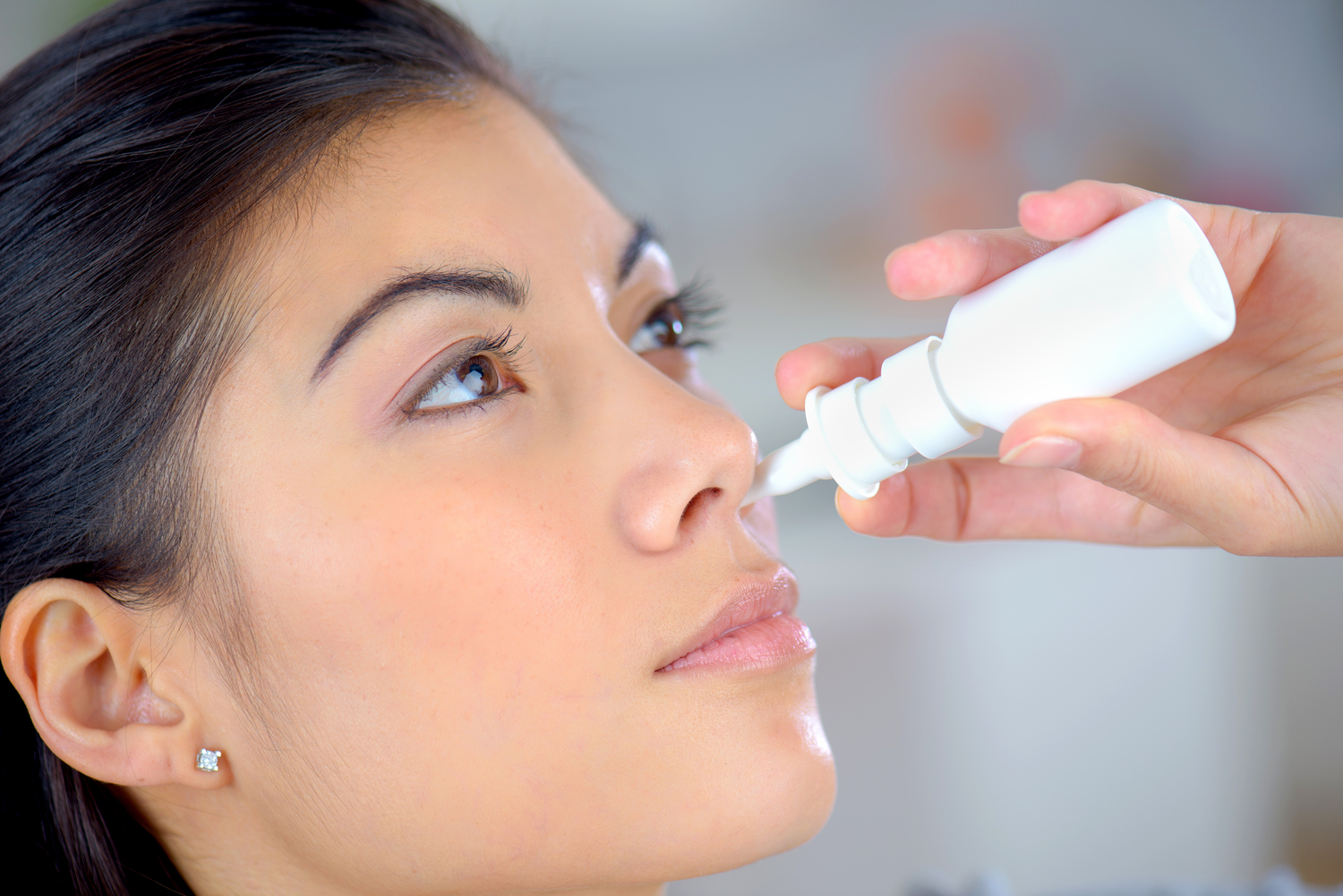
Nasal Polyps: Risk Factors, Symptoms, and Prevention
Although they aren’t talked about much, nasal polyps are actually very common. Many people with nasal polyps may not know they have them because small nasal polyps generally cause no issues. Symptoms of nasal polyps include runny nose, chronic stuffiness, postnasal drip, loss of sense of taste and/or smell, face or tooth pain, and sinus pressure. However, symptoms of nasal polyps that are larger in size are blocked nasal and sinus passages which make it hard to breathe through your nose and difficult for mucus to drain properly.
Risk factors for nasal polyps may include:
- Asthma
- Allergic fungal sinusitis, and
- Aspirin (and non-steroidal anti-inflammatory drugs) sensitivity
Luckily nasal polyps are easily treatable with corticosteroids or surgical removal. Additionally, if you are prone to nasal polyps they are easily preventable:
1. Use allergy medicine as directed
Allergies and nasal polyps usually go hand in hand. This is because the constant dripping of mucus in the nasal passages irritates the mucosal lining which can cause polyps. Taking your allergy and asthma medications as directed by your doctor helps prevent nasal polyps by stopping your body from the overproduction of mucus. If your allergy medication isn’t doing a good job of controlling your symptoms ask your doctor about changing your treatment plan.
2. Saline nasal rinses
Using a saline nasal rinse or spray is another great way to prevent nasal polyps from forming. Saline rinses and sprays clean out your nasal passages and sinuses while also leaving them moisturized. If you are frequently around airborne substances that cause nasal irritation and swelling such as tobacco smoke, allergens, and dust using saline rinses and sprays cleanses your nose of these irritants while also improving mucus flow. You can purchase premixed nasal rinses and sprays at your local pharmacy. You can also purchase nasal rinse kits that come with the device to administer the rinse and the saline mix in a packet. If you purchase one of these kits it is extremely important to remember to use distilled or sterile water when mixing the rinse and when rinsing out the device.
3. Using a humidifier
Humidifiers are a great way to prevent nasal polyps because they help keep your nasal passages moist while also improving the mucus flow from your sinuses which can prevent blockages and inflammation. Cool mist or warm mist humidifiers will both get the job done but if you have children or pets you may want to consider using cool mist for safety. If there are no children or pets in your home then you may want to get warm mist as they are a little quieter when running and can add some warmth to your home in the cold winter months. It is important to make sure you clean your humidifier daily to prevent bacteria and mold growth that could further irritate your nasal passages.
4. Practice good hygiene
Practicing good hygiene is a great way not only to improve your health overall but also to prevent nasal polyps. By washing your hands frequently you reduce the risk of getting sick with a bacterial or viral infection that can cause inflammation and increased mucus production. In the event that you do become sick it is important to ensure that you are not reusing nasal medication that could be contaminated from a previous illness.


